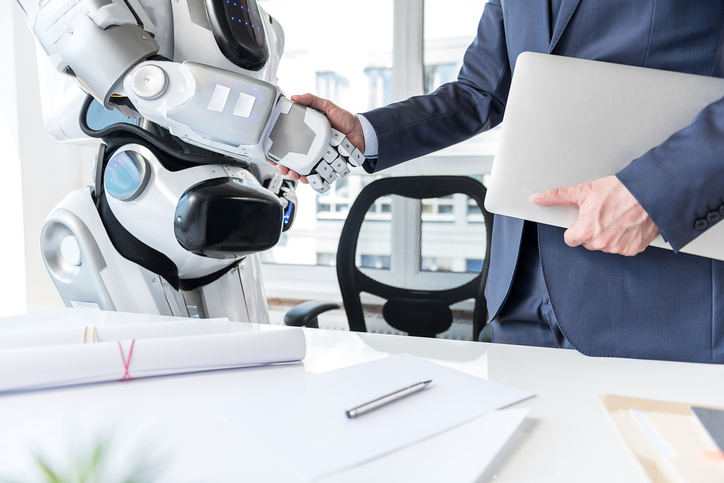As individuals, we should accept that routine jobs are going away. For young people in these routine jobs, start now by finding careers that fit your strengths and that are not easily replaced by AI. For older people, when early retirement is offered to you, consider accepting, with gig economy and volunteering to make some income and live a life you enjoy.
We should encourage more people to go into service careers, choosing jobs into which they can pour their hearts and souls, spreading their love and experiences.
We should embrace AI tools, especially for professionals, understanding that they will get better with more data and use. We should use these tools to do parts of our jobs, allowing them to do more of our routine tasks, freeing us to move into areas that are more suitable for humans.
We should encourage all kinds of creativity beyond the sciences: painting, architecture, music, poetry, acting, storytelling, PR, and marketing.
Large companies should establish and fund serious corporate social responsibility efforts and take steps to help society transition into the age of automation and the future of work.
Corporations with a large workforce facing displacement should introduce employee training programs. These involve training employees for emotional quotient and soft skills, reimbursement for online training, and developing a culture of lifelong learning.
Service industries should develop clear career ladders for service professionals and share best practices and role models so that we attract more people to this large and more sustainable industry.
Investment companies should look at impact investment, not just investing in stocks or tech start-ups, but investing in companies with social impact. These companies, typically service companies, can have decent but not exponential growth and can provide lasting employment to large numbers of people. Such investments may not yield the highest returns but should be done as pro bono.
Educational institutions should rethink their roles. Rote learning will only lead to graduates who are easily replaced by AI. Schools need to teach about emotional quotient including communication, teamwork, winning trust, and empathy. Students should be encouraged to pursue their passion, and teaching should become more personalized.
Schools should embrace STEM education and find prodigies who will become the inventors of the next breakthroughs in AI, neurobiology, genomics, materials, energy, or basic sciences.
We as a society need to start shifting our culture and values. We have been conditioned to believe that our primary role in society (and even our identity) is found in wage-earning work.
As we transition from the industrial age to the AI age, we will need to move away from a mindset that equates work-for-pay with life. Instead, we must move toward a new culture that values human love, service, and compassion more than ever before.

